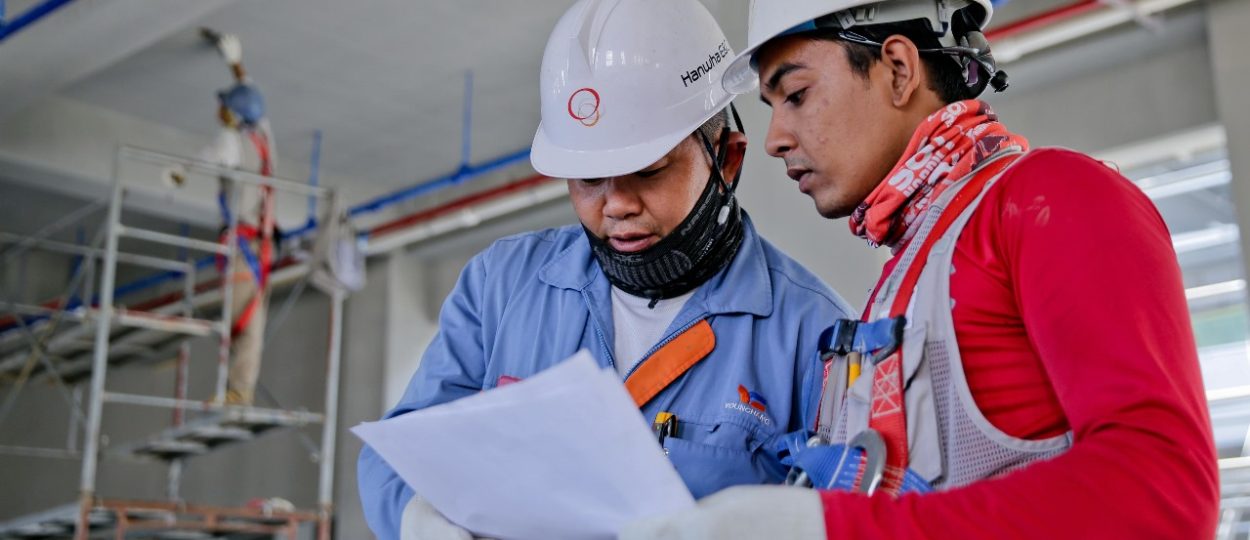
Career Opportunities from Construction Trade Schools in Texas
Graduating from construction trade schools in texas opens the door to a wide range of promising career paths in the thriving construction industry. These programs equip students with the technical skills, certifications, and hands-on experience needed to excel in various specialized roles. Whether you’re drawn to hands-on trades or supervisory positions, trade schools in Texas provide the foundation for a rewarding career.
Skilled Trades Positions
One of the most common outcomes for graduates is entering skilled trades, which are essential to every construction project. Positions include:
- Carpenter: Building frameworks, walls, and other structural elements.
- Electrician: Installing and maintaining electrical systems for residential and commercial properties.
- Plumber: Managing water supply, drainage, and piping systems.
- HVAC Technician: Installing and servicing heating, ventilation, and air conditioning systems.
- Welder: Joining metal parts for structural components or decorative features.
These roles typically offer competitive wages and high demand across Texas, especially as infrastructure and housing projects expand.
Supervisory and Management Roles
For those interested in leadership, many trade schools offer pathways into construction management or site supervision. Graduates can advance to positions such as:
- Construction Manager: Overseeing project timelines, budgets, and crew coordination.
- Project Supervisor: Managing day-to-day operations on construction sites to ensure quality and safety.
- Estimator: Analyzing project costs and preparing bids.
These roles often require a combination of technical knowledge and strong organizational skills, which many Texas trade schools cultivate through their comprehensive curricula.
Specialized Technical Careers
Beyond traditional trades, construction trade schools in Texas prepare students for technical specialties that support modern building practices:
- Building Inspector: Ensuring construction complies with building codes and safety regulations.
- Heavy Equipment Operator: Handling machinery crucial to large-scale construction projects.
- Safety Coordinator: Implementing OSHA standards and workplace safety protocols.
Such positions are increasingly vital as construction projects become more complex and regulated.
Entrepreneurial Opportunities
Graduates with strong skills and industry experience may also choose to start their own businesses. From contracting firms to specialty services like electrical or HVAC installation, trade school alumni often leverage their education to launch successful enterprises in Texas’s robust construction market.
Why Texas Construction Trade Schools Give You an Edge
The combination of hands-on training, certification preparation, and industry connections found at Texas trade schools ensures graduates are job-ready and competitive. Employers across the state value candidates with practical experience and relevant credentials, both of which are hallmarks of quality trade education.
Whether you’re just starting out or looking to upgrade your skills, construction trade schools in Texas offer diverse career opportunities with excellent growth potential.